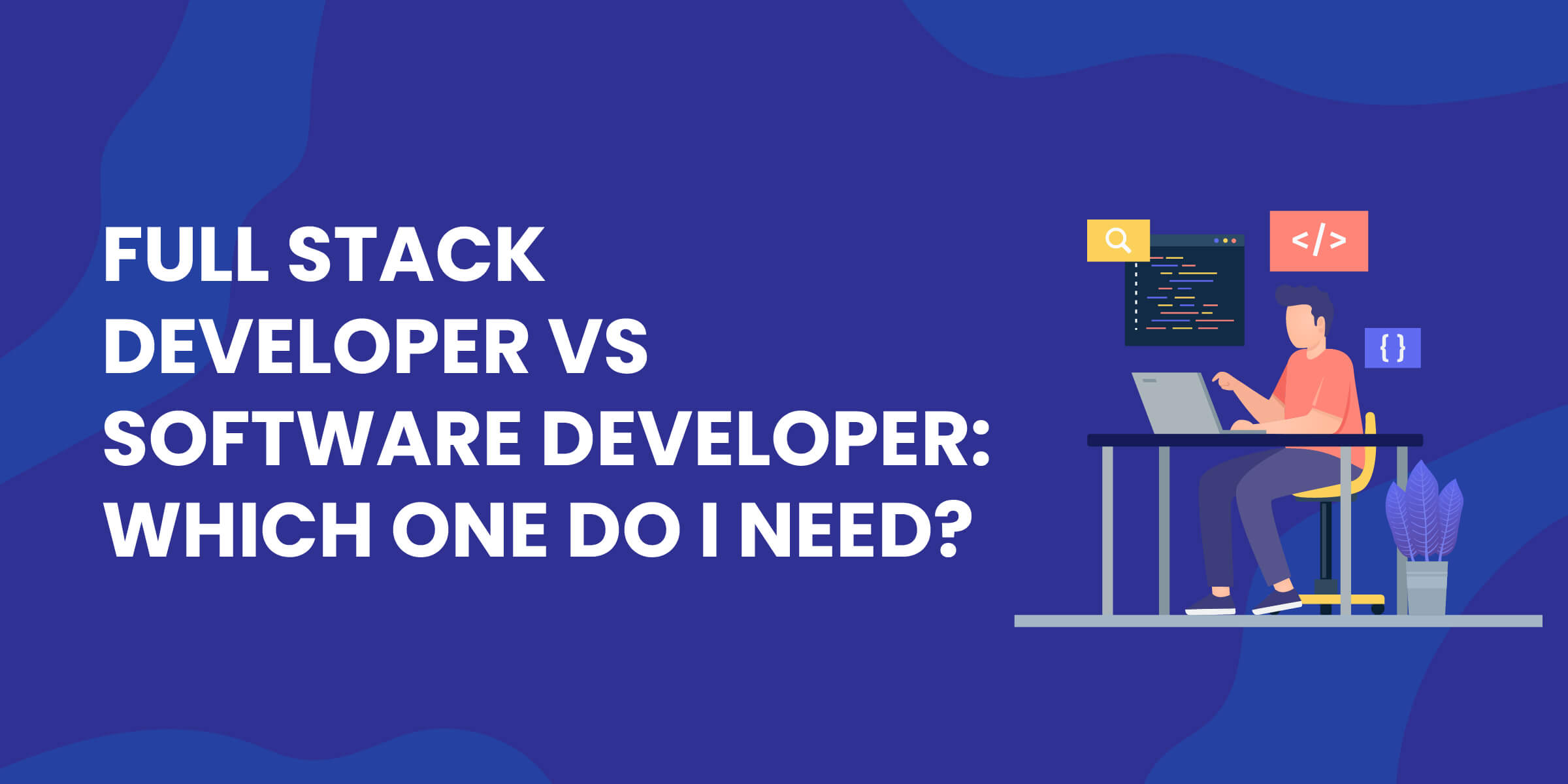So, you've decided your business needs a developer, but which one: a full stack or a software developer? It's a pivotal choice that can shape your project's success. What are the key distinctions?
A full-stack developer handles both front-end and back-end tasks, offering a holistic approach. In contrast, a software developer hones in on specific software solutions.
We'll guide you through their unique capabilities and see which developer aligns with your business goals.
Table of Contents
- Full Stack Developer vs. Software Developer Comparison
- What is a Full-Stack Developer?
- What is a Software Developer?
- Full-Stack Developer vs. Software Developer: Top Differences
- Full-Stack Developer vs. Software Developer: Similarities
- Do I Need a Full-Stack Developer or a Software Developer?
- Best Place to Find a Full-Stack Developer or Software Developer
- Frequently Asked Questions
We offer this website completely free to our visitors. To help pay the bills, we’ll often (but not always) set up affiliate relationships with the top providers after selecting our favorites. However, we do our best not to let this impact our choices. There are plenty of high-paying companies we’ve turned down because we didn’t like their product.
An added benefit of our relationships is that we always try to negotiate exclusive discounts for our visitors.
Why We Like Toptal
Full Stack Developer vs. Software Developer Comparison
Here’s an overview of the differences between a full-stack developer and a software developer:
Full-Stack Developer | Software Developer |
|
|---|---|---|
| What They Do | ||
| Skills | - Knowledge of back-end programming languages (Python, Java, PHP) - Understanding of database management (SQL, MongoDB) - Familiarity with version control (Git) | -Strong problem-solving abilities -Code debugging and optimization -Software development methodologies (Agile, Scrum) |
| Average Salary | ||
| Work Environment |
What is a Full-Stack Developer?
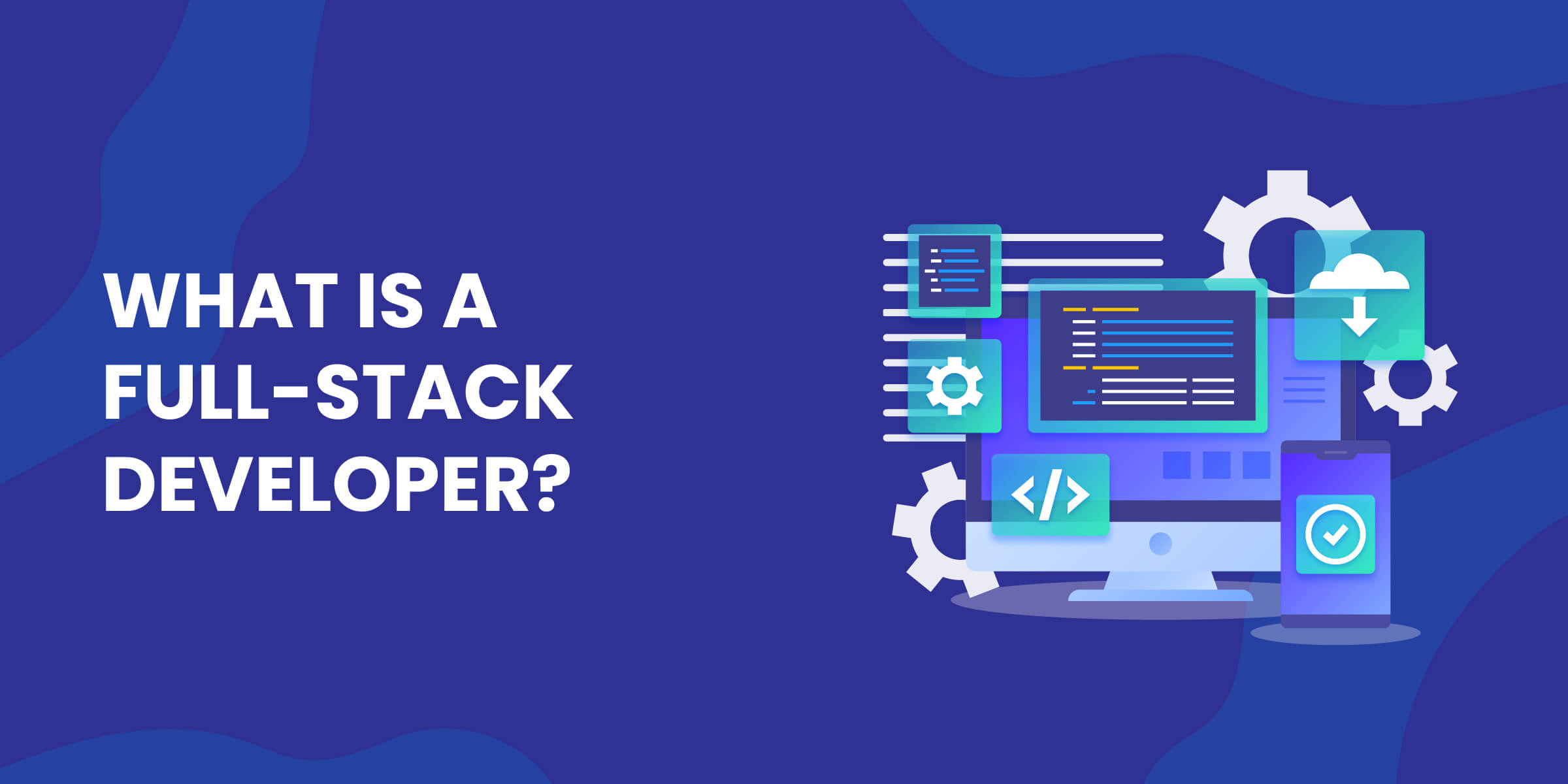

Full-stack developers can handle both front-end and back-end development. Their work doesn’t require much collaboration, but they can help prototype applications quickly.
Examples of what a full-stack developer does include:
- Develop and deploy an application
- Develop code for back-end and front-end site architecture
- Research, analyze, and write code for applications
- Application user testing
- Application testing and bug fixes throughout deployment
- Developing data protection and security methods
- Modifying previous application deployments
For more details on full-stack developers and where to hire them, check out our detailed full-stack developer hiring guide.
What is a Software Developer?
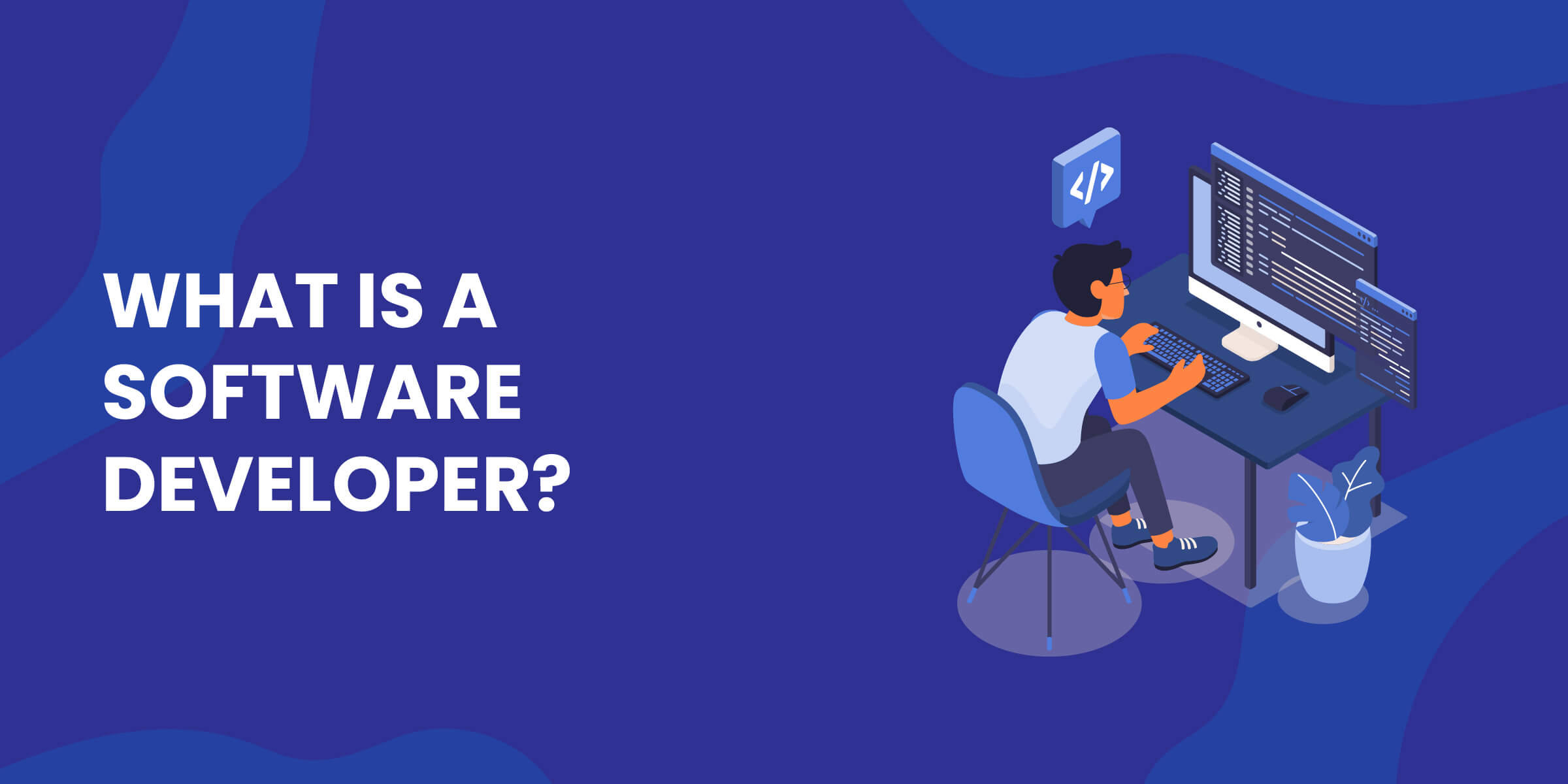

A software developer, sometimes referred to as an engineer, is responsible for creating software applications by writing, debugging, and testing code. They typically work in a specific phase of the software development cycle, translating design documents into tangible software products.
A software developer is responsible for:
- Writing and implementing efficient code.
- Testing and debugging existing source code.
- Maintaining and updating existing software applications.
- Collaborating with other team members to design cohesive software solutions.
- Documenting code and design features for future reference and development.
Full-Stack Developer vs. Software Developer: Top Differences
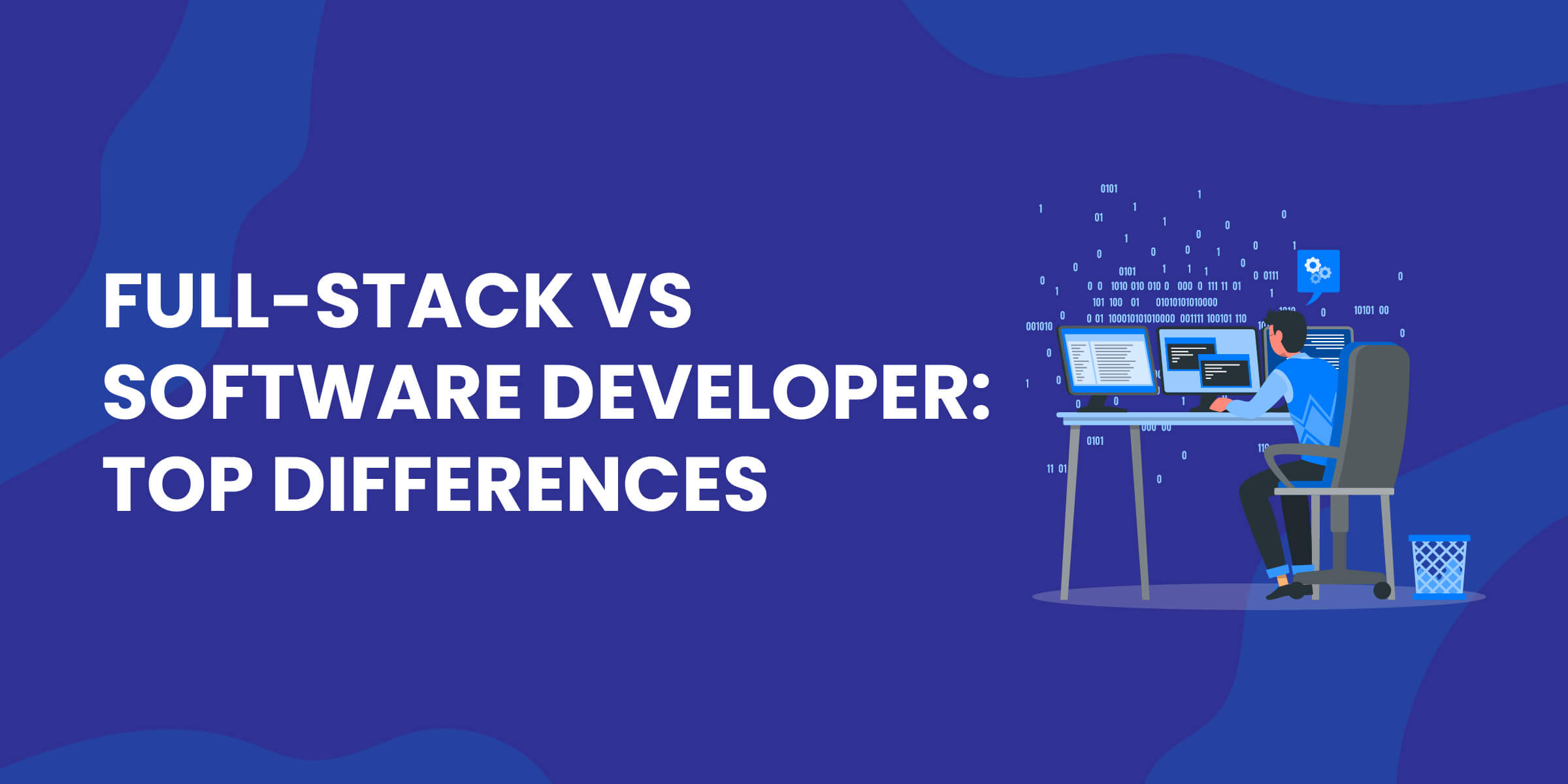

Technical Skills
Full-stack developers possess a comprehensive knowledge of both front-end and back-end development. They are proficient in HTML, CSS, JavaScript, and one or more back-end languages like Ruby, Python, PHP, or Java. They have an understanding of databases, server architecture, and are familiar with web hosting and deployment strategies. Their knowledge allows them to work seamlessly across the various components of a software application.
Software Developers specialize in either front-end or back-end development. They focus their skills in a specific area of the software development process. They may not necessarily have the extensive range of skills across the stack that full-stack developers possess.
Soft Skills
Full-stack developers require strong problem-solving skills, creativity, and adaptability since they deal with the entire spectrum of development processes. Good communication skills are essential for full-stack developers as they interact with cross-functional teams. They may have to translate technical jargon to non-technical stakeholders.
Software Developers also need excellent problem-solving skills and attention to detail. While they still need sound communication skills, their interaction may be more limited to their specialized domain. They may work more closely with other technical peers.
Tasks
Full-stack developers are generally responsible for building the entirety of a web application. They are involved in the project from start to finish, dealing with various tasks as the project requires. Tasks include:
- Create user interfaces
- Develop server-side logic
- Configuring databases
- Managing deployment and hosting.
Software Developers' tasks are generally more specialized. They either focus on either the front-end, creating the visual elements that users interact with, or the back-end, developing the logic and infrastructure to power the application. They may not be involved in every stage of the project but play a critical role in their area of expertise.
Focus
Full-stack developers have a holistic focus. They balance their attention between front-end and back-end development, user experience, and functionality. They need to consider the entire ecosystem of a project to ensure cohesion.
Software Developers usually have a more narrow focus, delving deeply into their specialized area. They may perfect user interfaces, optimize server-side logic, or refine databases.
Seniority/Roles
Full-stack developers often hold senior or lead roles due to their extensive knowledge. They are sometimes involved in decision-making processes for project architecture and technologies. They may oversee the work of other specialized developers and ensure the seamless integration of all project components.
Software developers can range from junior to senior levels, based on their experience. They might have a more defined and specific role. Often, they contribute to or lead projects within their specialized area, rather than oversee an entire project’s development.
Salary
On average, Full-Stack Developers earn around $116,980 per year. Typically, Full-Stack Developers command higher salaries due to their versatile skill set and the ability to work on multiple aspects of a project. They are in high demand because of their extensive knowledge and experience. Compensation is reflective of their broad skill set and the value they bring to a project.
Software Developers generally have competitive salaries, around $104,322 per year. Their salaries can vary significantly based on their specialization, experience, and the demand for their specific skill set. Those with niche skills or expertise in high-demand technologies may command salaries comparable to or even exceeding those of full-stack developers.
Full-Stack Developer vs. Software Developer: Similarities
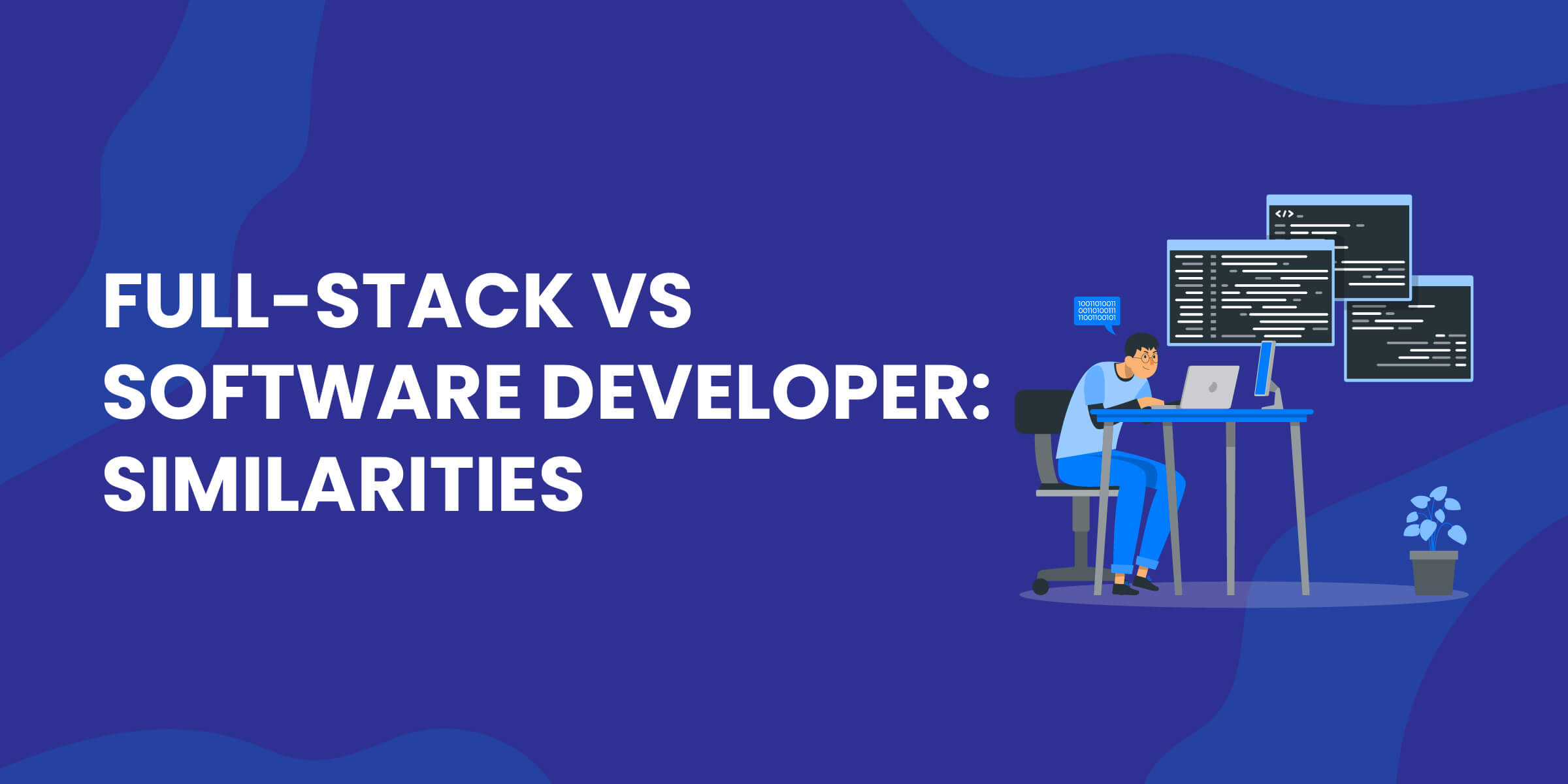

Despite the distinct roles and responsibilities of full-stack and software developers, they do share several key similarities. Here are the top 5 similarities between them:
Core Programming Knowledge
Both full-stack and software developers have substantial knowledge in core programming languages. Whether it’s JavaScript for front-end development or Python and Java for back-end development, mastering one or multiple programming languages is essential for both roles.
Software Development Life Cycle (SDLC)
Both types of developers are involved in the Software Development Life Cycle. They contribute to different stages of SDLC, such as planning, designing, implementation, testing, and maintenance. Understanding SDLC is critical for effective collaboration and project completion.
Problem-Solving Skills
Problem-solving is a core skill for both full-stack and software developers. Regardless of their specialization, developers identify and troubleshoot issues, optimize code, and create effective solutions to meet project requirements. They must be able to overcome development challenges.
Continuous Learning and Adaptation
The technology landscape is ever-evolving. So, both full-stack and software developers must continually update their skills and adapt to new tools, technologies, and methodologies. Whether it’s learning a new programming language, framework, or development technique, continuous learning is crucial to stay relevant and effective in their roles.
Collaboration and Communication Skills
Effective collaboration and communication are indispensable for both full-stack and software developers. They must work together with other team members, including designers, project managers, and other developers. They must both know how to convey technical information to non-technical stakeholders and to contribute to a productive team environment.
Do I Need a Full-Stack Developer or a Software Developer?
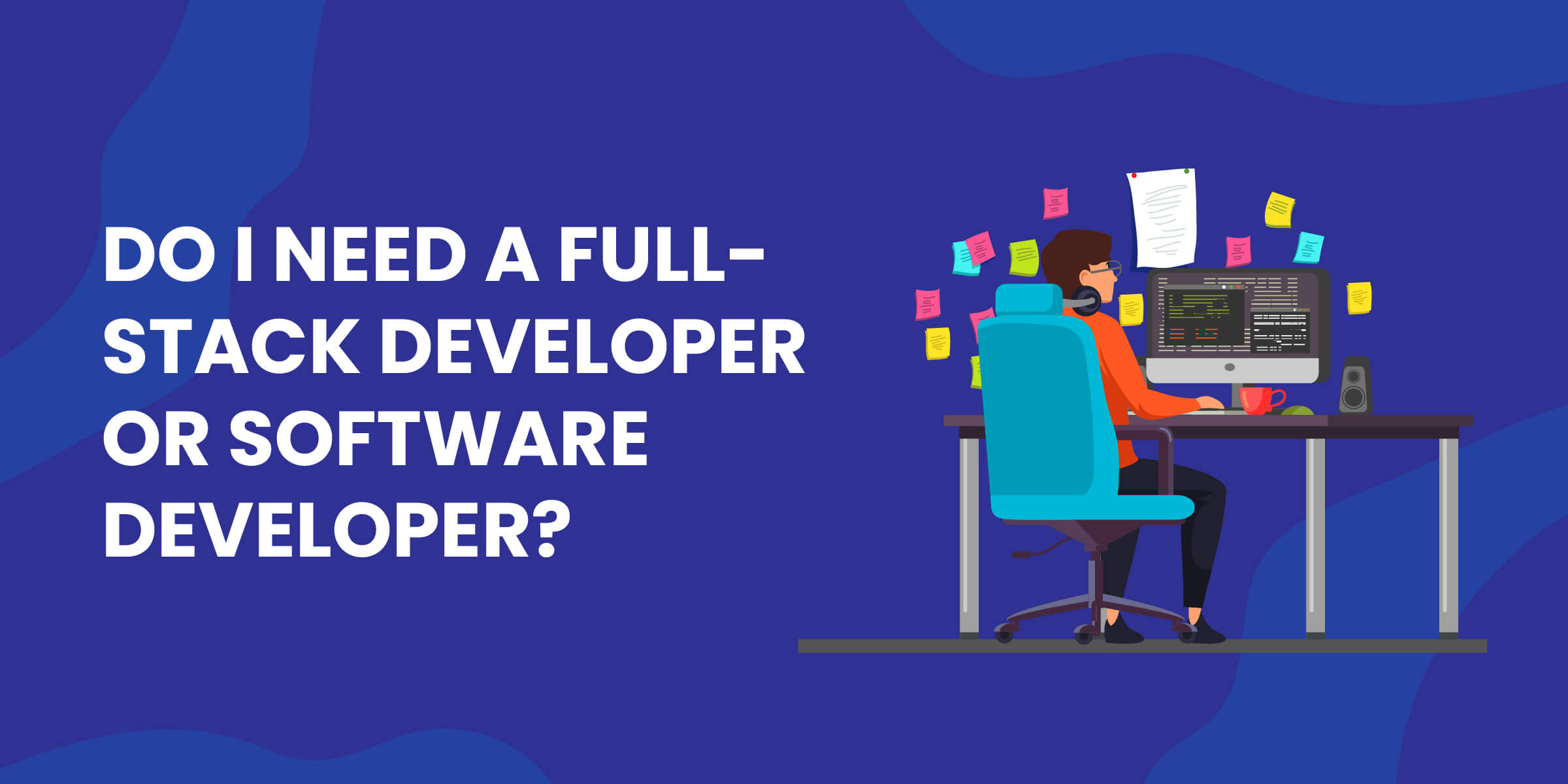

Choosing between a full-stack developer and a software developer depends largely on your project requirements, budget, and long-term goals. Here are several considerations that may help you decide which type of developer suits your needs best:
1. Project Scope and Complexity:
Full-Stack Developer: If your project involves both front-end and back-end development and requires a comprehensive understanding of the entire development stack, consider a full-stack developer.
Software Developer: If your project predominantly focuses on either the front-end or the back-end or if it requires specialized knowledge in a particular area, a specialized software developer may be the better choice.
2. Budget Constraints:
Full-Stack Developer: They can be more cost-efficient for small to medium-sized projects or startups where budget constraints exist. One developer can handle multiple aspects of the project.
Software Developer: For larger projects with ample budgets, hiring specialized software developers for each component can ensure each part of the project is optimized by an expert in that area.
3. Project Duration and Timeline:
Full-Stack Developer: Ideal for projects with tight deadlines, as they can swiftly navigate between front-end and back-end development. This reduces the coordination time between different teams.
Software Developer: If the timeline allows for more specialized focus on each component of the project, specialized developers can work in parallel, ensuring each part is perfected.
4. Long-Term Maintenance and Updates:
Full-Stack Developer: They can be advantageous for long-term maintenance, as they have a holistic understanding of the entire project. They can easily identify and address issues or updates needed across the stack.
Software Developer: For projects with substantial complexity and specialization, having dedicated software developers can be beneficial. They can maintain and update specific components in the long run.
5. Team Composition and Collaboration:
Full-Stack Developer: A smaller team with one or a few full-stack developers may have smoother collaboration and less coordination overhead. It's ideal for smaller projects or startups.
Software Developer: In a larger team with varied specializations, having software developers focusing on their areas of expertise can lead to more refined and optimized components.
Best Place to Find a Full-Stack Developer or Software Developer
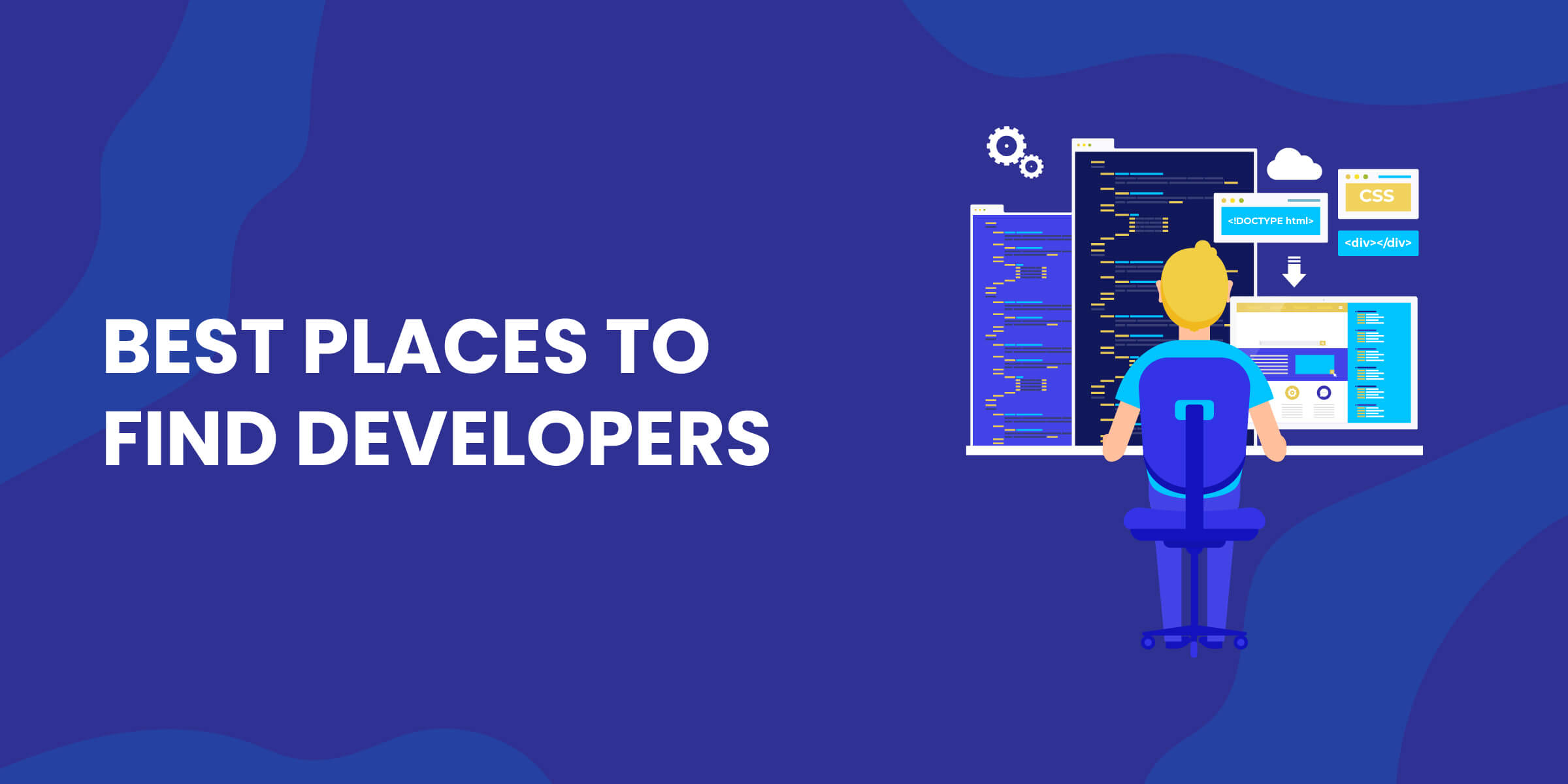

Whether you’re in search of a full-stack developer or a software developer, Toptal is the best freelance platform to find a qualified developer.
They only accept the top 3% of talent, ensuring you get access to vetted developers. They personally match you with the top candidates for your project needs, streamlining the process.
Why We Like Toptal
- Top Talent: Get access to elite, pre-screened candidates (only accepts the top 3%)
- Flexibility: Ideal for long-term or shorter-term specialty projects
- 14-Day Risk-Free Trial: Only get billed if you're satisfied
Frequently Asked Questions
Are full-stack developers and software developers the same?
No, full-stack developers and software developers are not the same. Full-stack developers have expertise in both front-end and back-end development, encompassing the entire development stack. Software developers usually specialize in one area, either front-end or back-end.
Can a full-stack developer work as a software developer?
Yes, a full-stack developer can work as a software developer. Their broad development knowledge allows them to focus on either front-end or back-end development, based on project requirements or organizational needs.
Which job is harder, a software developer or a full-stack developer?
Full-stack developers must master multiple technologies and responsibilities across the development stack. Software developers delve deeper into specialized areas, which brings its own set of challenges.
Who earns more, a software developer or a full-stack developer?
Typically, full-stack developers command higher salaries due to their versatile skill set and ability to handle multiple aspects of a project. However, software developers with specialized, in-demand skills may also command comparable or higher salaries.














